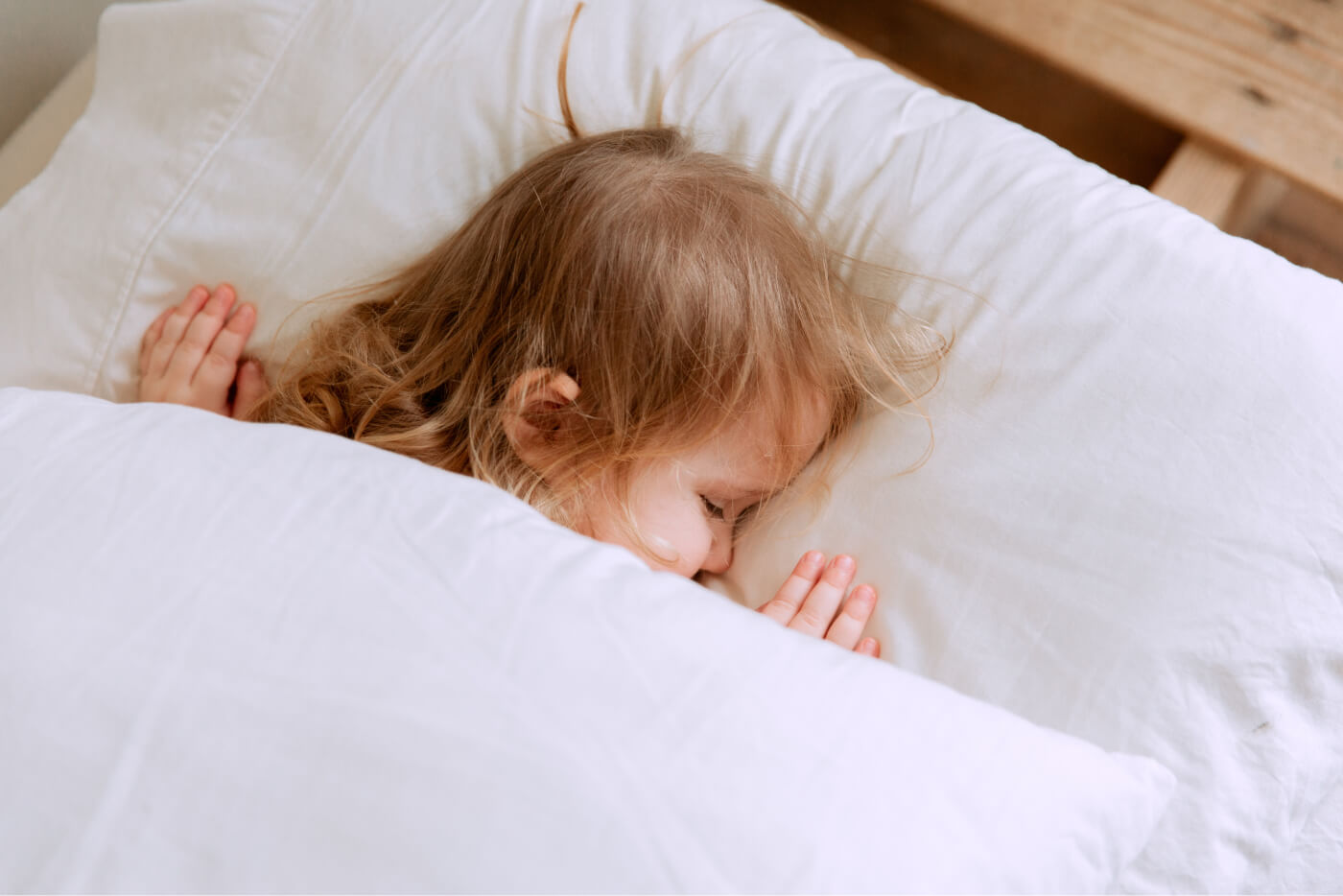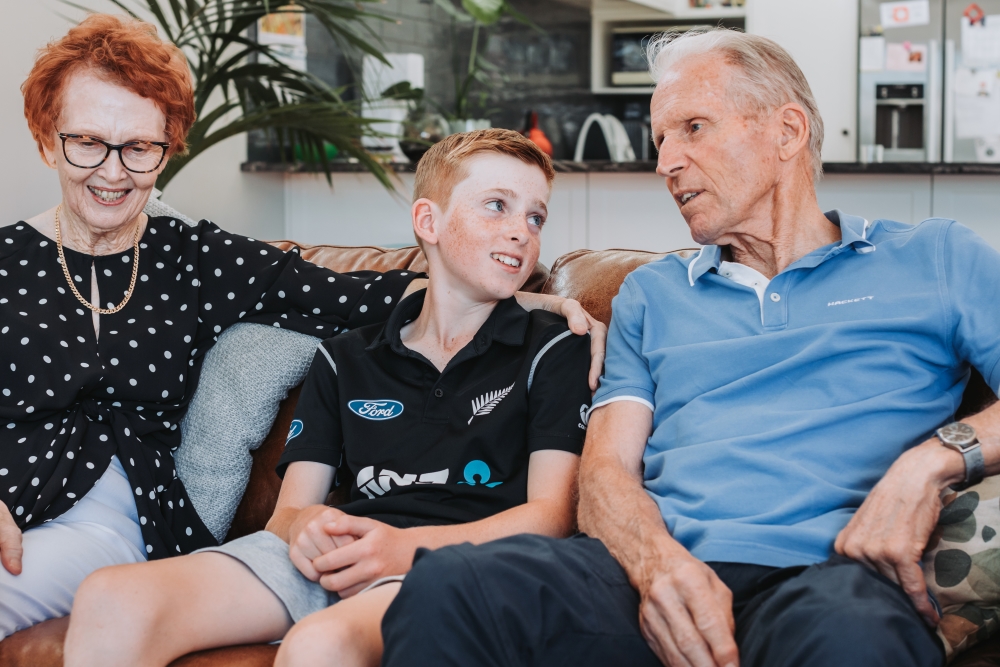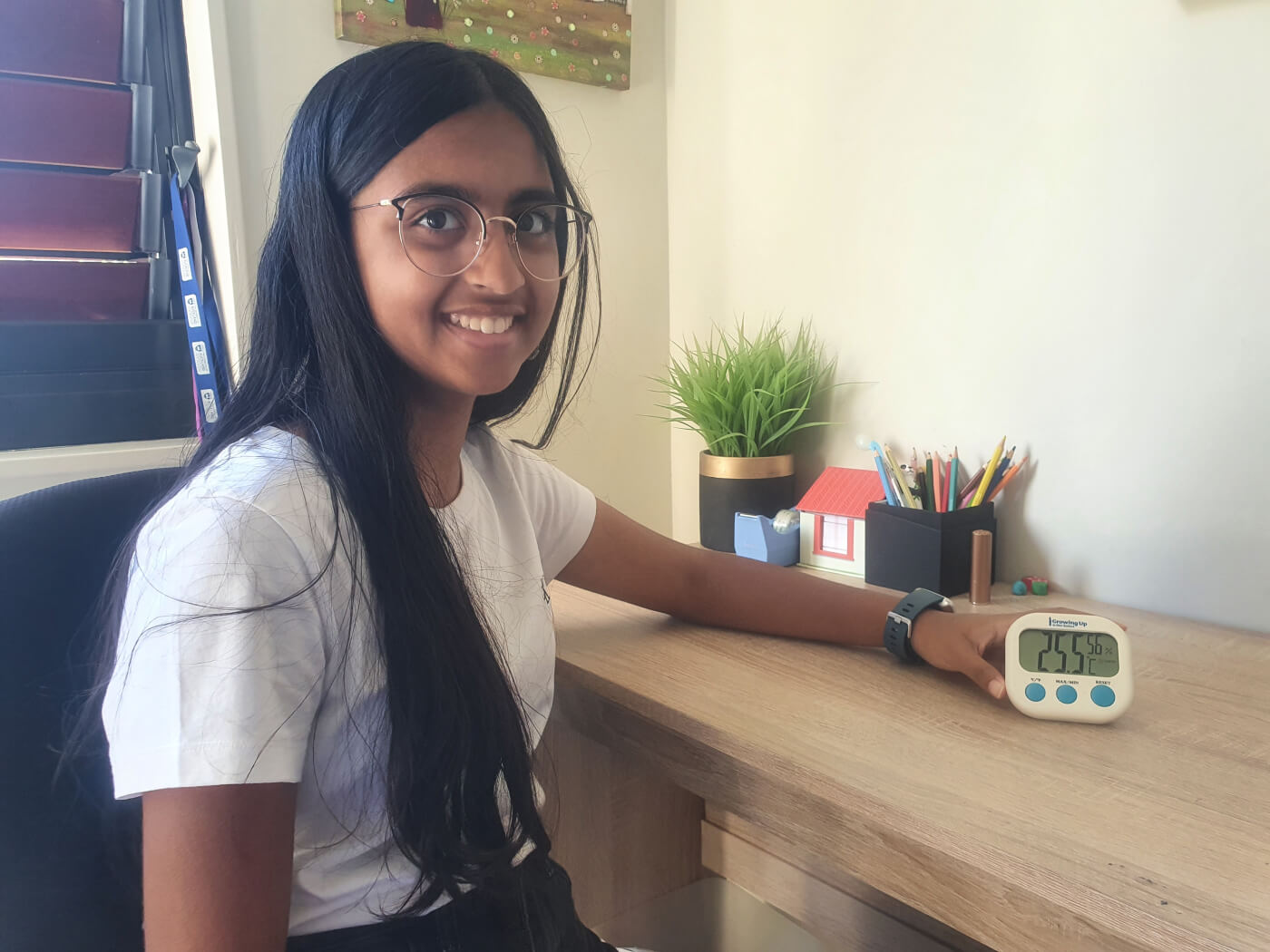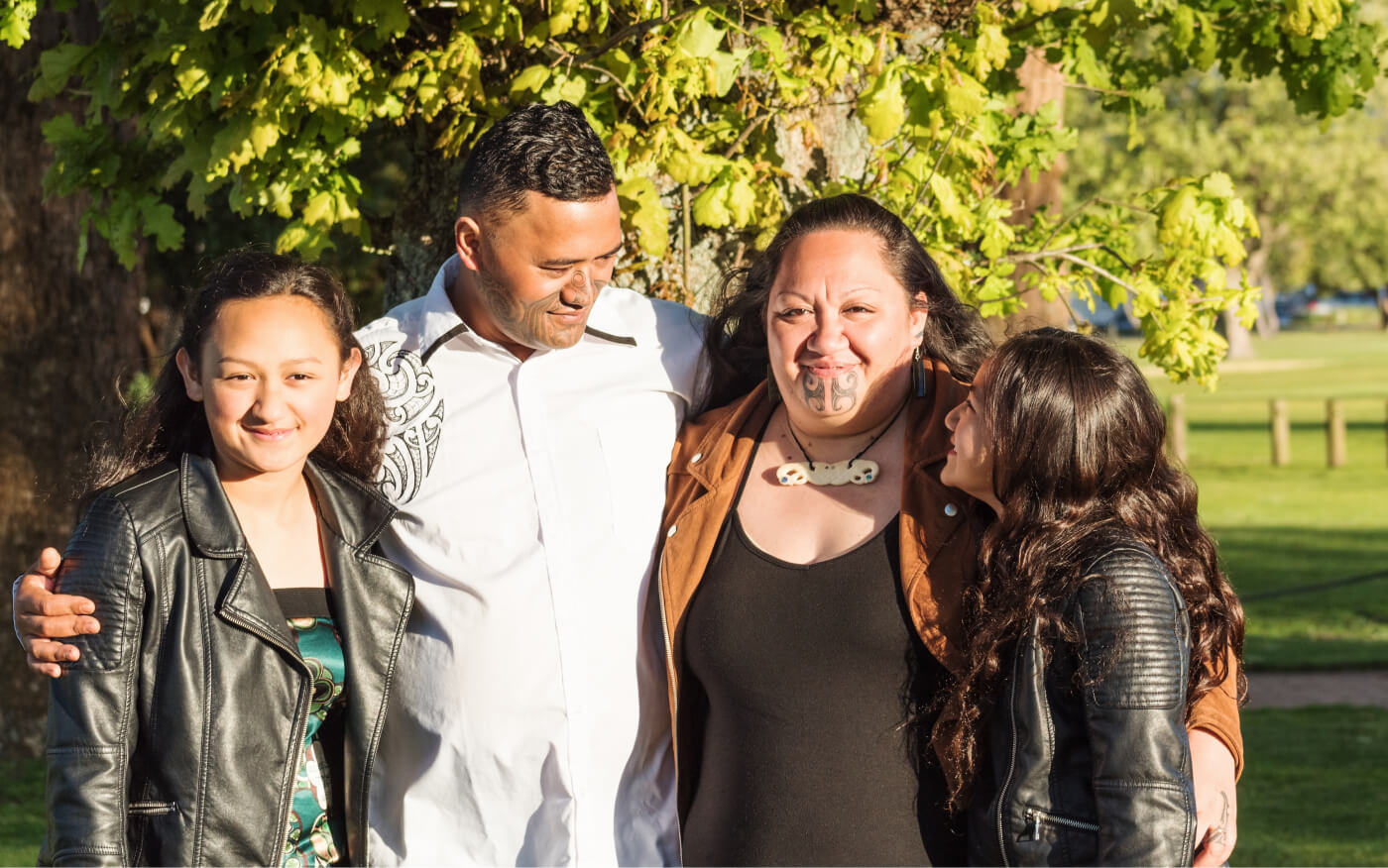How much sleep are New Zealand pre-schoolers really getting?

September 21, 2020
The largest ever study of sleep in early childhood in New Zealand estimates that more than a third of toddlers and a fifth of preschoolers are not getting the recommended amount of sleep.
The largest ever study of sleep in early childhood in New Zealand estimates that more than a third of toddlers and a fifth of preschoolers are not getting the recommended amount of sleep.
The Massey University research examined parent-reported sleep patterns for pre-school children in the Growing Up in New Zealand study to gather information about sleep duration and quality.
The research, funded through the Ministry of Social Development’s Children and Families Research Fund and carried out in collaboration with the Ministry of Health, was used to estimate how many pre-school Kiwi children were meeting Ministry of Health sleep guidelines.
Principal Investigator and portfolio director of Fatigue Management and Sleep Health at Massey University’s Sleep/Wake Research Centre, Leigh Signal, says poor sleep health is a major issue and modelling shows that a significant proportion of toddlers and pre-schoolers may not be getting enough sleep.
“Sleep is vital for children’s healthy growth and development. If children are not getting enough sleep it can have implications for their health, including impacts on immune response, body mass, emotional regulation and learning.”
“Until this point, we’ve had limited data on how long New Zealand toddlers and pre-schoolers are sleeping and what factors may be impacting their sleep, so this is a really important study,” she says.
The research compared children’s sleep duration with the Ministry of Health guidelines for pre-school sleep which are based on the United States National Sleep Foundation guidelines.
These state that toddlers should get between 11 to 14 hours sleep per day, while pre-schoolers should get between 10 to 13 hours sleep per day.
The study found that in the Growing Up in New Zealand cohort:
- At 24-months:
- 17% of children did not meet the sleep guidelines, with nearly 12% not getting enough sleep and just over 5% getting too much sleep.
- Girls; Māori, Pacific and Asian children; those living in more deprived areas; and those living in areas with heavy traffic were all more likely to experience shorter sleep durations and more night waking.
- At 45-months:
- 9% of children did not meet the sleep guidelines, with just over 6% getting too little sleep and around 3% getting too much sleep.
- Girls; Māori, Pacific and Asian children; and children who spent more time on visual media were more likely to experience shorter sleep and wake at night.
Researcher and lead author, Dr Dee Muller, says when this information is statistically modeled for the New Zealand population as a whole it shows that a third of toddlers and a fifth of pre-schoolers may not be getting the recommended amount of sleep.
“This study clearly shows that certain children are at risk of sub-optimal sleep durations and more disturbed sleep. It highlights the importance for all families to have access to relevant sleep information, advice and support, as well as sufficient financial and material resources,” she says.
Dr Muller says there was a clear impact on sleep for children living in material hardship or in more deprived areas.
“This may be due to less sleep-conducive environments such as household crowding, or bedrooms that are too cold, noisy or light. These are factors that can be addressed as part of a holistic approach to improving overall living conditions for children in New Zealand,” she says.
Dr Muller says urban environments were also identified as being less conducive to sleep for many children. She says this is likely to be because there is more noise, light and heavy traffic.
Dr Muller says the research also found an association between poor quality sleep and the use of visual media, such as television, computers and tablets for older pre-schoolers.
“Greater use of visual media was associated with more night wakings which suggests that visual media may not only reduce the opportunity for sleep but may also disrupt sleep quality, perhaps due to the content viewed,” she says.
Dr Muller says the research shows that the sleep health of young children in New Zealand is an important issue that needs to be addressed.
“We need to continue research in this area to better understand the barriers that are preventing our youngest children getting sufficient, good quality sleep,” she says.
Dr Muller says further areas to explore include examining different sleep patterns between girls and boys and between ethnicities, as well as the factors which influence sleep in childhood.
“It is vital that we tackle the root societal causes for why some groups of children in New Zealand are unfairly disadvantaged when it comes to sleep health,” she says.
Dr Muller says the Growing Up in New Zealand study presents a valuable opportunity to explore the duration and nature of sleep throughout childhood and the long-term implications this may have for health and wellbeing.
You can read the full report here.
Tips to help toddlers and pre-schoolers sleep better:
Dr Dee Muller says no two children are alike, but parents and caregivers could consider trying the following to help their children sleep better, depending on what works best for their family:
- Create a sleep-conducive environment:
- Dark or low light
- A comfortable bed and bedding
- A quiet space. - Support children to make their sleep space their own, for example have a special toy, blanket or duvet cover, or a picture on their bedroom wall in.
- Ensure the bedroom is at a good temperature - not too cold or hot.
- Carry out regular wind-down activities before bedtime e.g. bath, teeth brushing, and stories.
- Ensure the lights are turned out at a similar time during the week and on weekends.
- Stop screen time one to two hours before bed.
- Limit the amount of caffeine children have (such as in cola drinks and chocolate) and don’t have caffeine late in the day.
- Implement regular wake times on week days and weekends.
- Ensure regular exposure to light first thing in the morning (ideally natural light outside).
- Have regular meals and activities during the day.
%201.svg)



